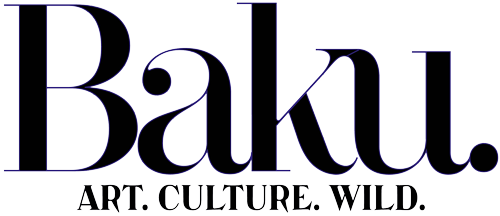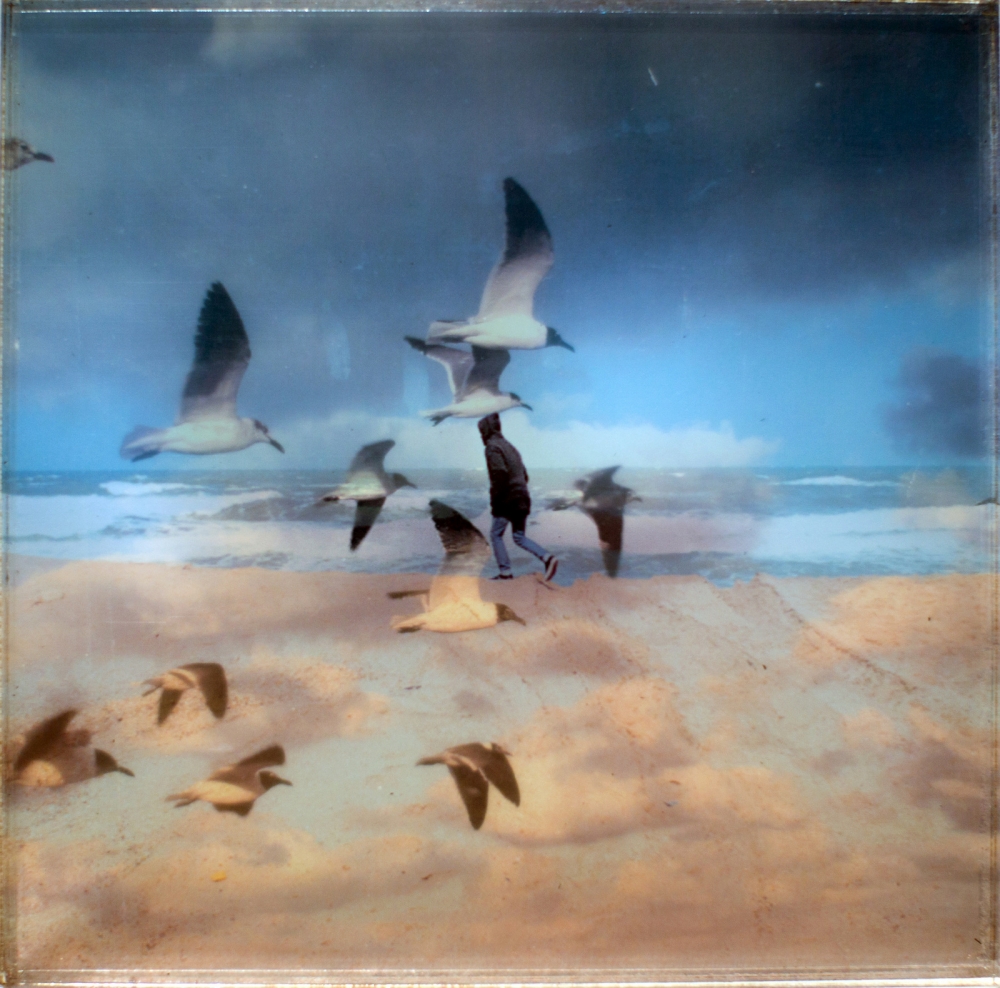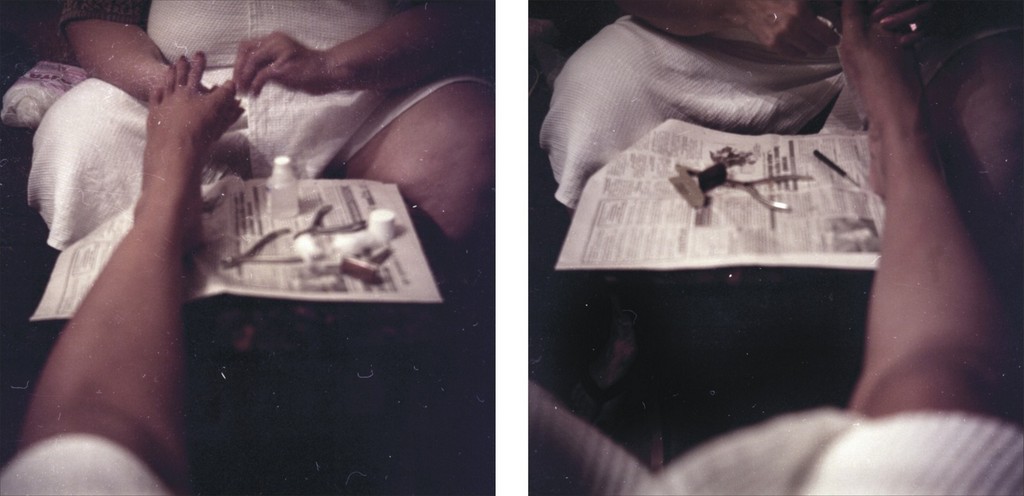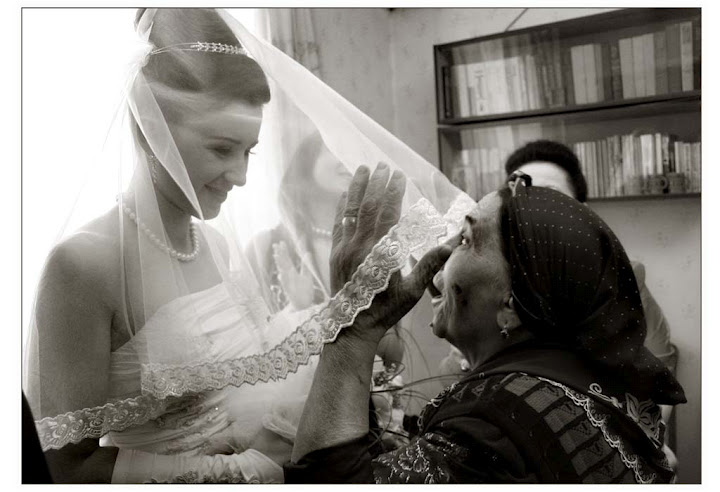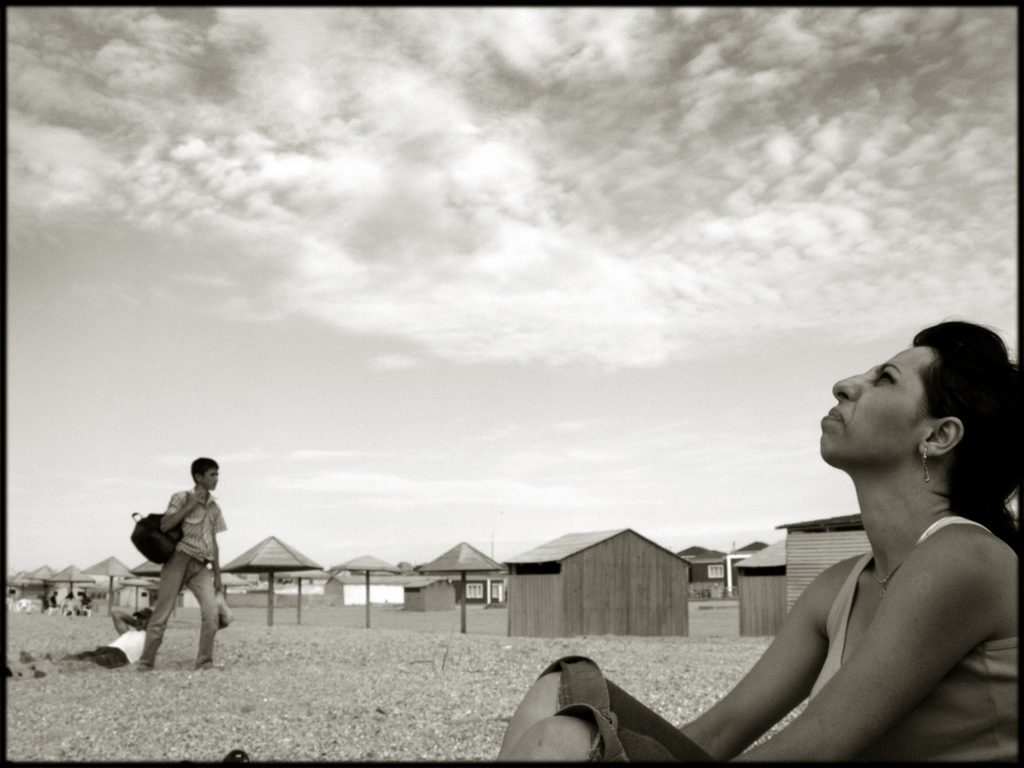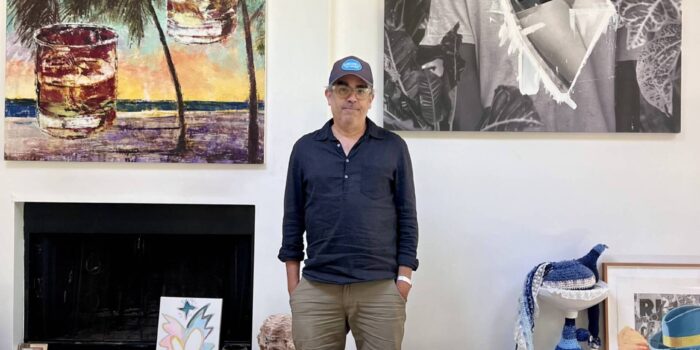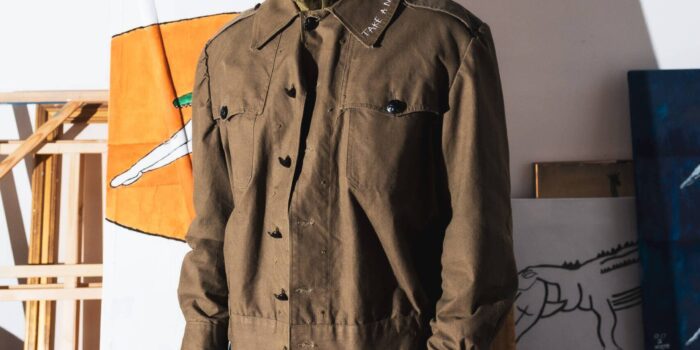Fakhriyya Mammadova is the creative force behind the Baku Street Photo Festival. The artist and curator is helping young photographers establish their names, with the finalists for the first edition of the festival, backed by Baku cultural heavyweight Yarat, to be named shortly. She speaks to us about the importance of photography as art and the digital world as a tool of artistic expression
Baku: Is there a link between your various artistic disciplines?
Fakhriyya Mammadova: I consider myself an artist first and foremost: photography is for me a tool of fine art. I have always had an interest in technical disciplines, so after three years of study in ceramics and sculpture at Azerbaijan State Academy of Fine Arts, I began working as a professional restorer and conservator of ceramic art. Photography came into my life when I started travelling around my homeland. I did not understand what to do, but I filmed a lot: hiking, people, my friends. I learned how to feel the emotion around me. With documenting at work, I realised I liked to take macrophotos of sculptural details.
Baku: When did human beings become the main focus of your work?
FM: When my friends gave me a film camera, I started taking pictures at home, from morning to evening, every single day. It was like keeping a photographic diary, a chronology of my life. One [of my favourite photos is] ‘Chatting with my Mother’ (2009), which captures a moment when my mother was trimming my toenails. It’s simple but various, documenting a moment of contact. I prefer to document moments – no staged shooting. Even when I photograph a portrait, I wait for the moment when the character makes a natural movement.
Baku: What impact has YARAT Contemporary Art Space had in Azerbaijan?
FM: [The establishment of] YARAT was a very big step for contemporary art in Azerbaijan. YARAT makes it possible for artists to realise their projects. I have been collaborating with them for 10 years, and work as a designer and photographer. I create my own work and also play a role in the development of contemporary art [among other creatives].
Baku: What has been your most rewarding project with YARAT to date?
FM: It was a big experience for me to organise Baku Street Photo Festival [this year] alongside Ulviva Akhundova, Aidan Davali, Andrey Glazkov, and Sanan Alasgarov. I was curator and art director. At such a complicated moment during the global pandemic, it was a great opportunity to unite creatives and to curate exhibitions for young photographers. About 500 nominees were announced in 4 categories. With the help of our jury, we are announcing the finalists later this month.
Baku: Why is it important to you to give a platform to young creatives?
FM: Seeing talent, or having the ability to reveal talent in a person, at an early age is a very noble cause. I have a lot of experience working with artists and, being an artist myself, I know what a modern artist needs. The problem with [older] artists and photographers is that they expect someone to appreciate them and reward them. But in the internet era, it is only by learning how to use online tools, with which you can express yourself, that you can achieve success.
Baku: Do you think Azerbaijani art has enough global attention?
FM: Much has changed since I started. Now, the possibilities of the Internet can show off all Azerbaijani artists’ work to the world. Our music and visual arts leave an unforgettable mark on audiences – as soon as they hear mugham [folk songs] or see the paintings of Tahir Salakhov, Rasim Babayev, Ashraf Murad. I adore the work of Aida Mahmudova, the founder of YARAT, who has done so much for the contemporary art of Azerbaijan, and of course photographers such as Sanan Aleskerov, Rena Efendi, Emil Khalilov, among others.
Baku: What’s next for you?
FM: This year YARAT has been active for 10 years, and I am working on projects of exhibitions with curators dedicated to the anniversary. I am very grateful to be a witness of this huge step forward.
Instagram: @feelingsartsimages
Website: faxriyye.wixsite.com
Words by: Ella Johnson
Online editor: Candice Tucker
